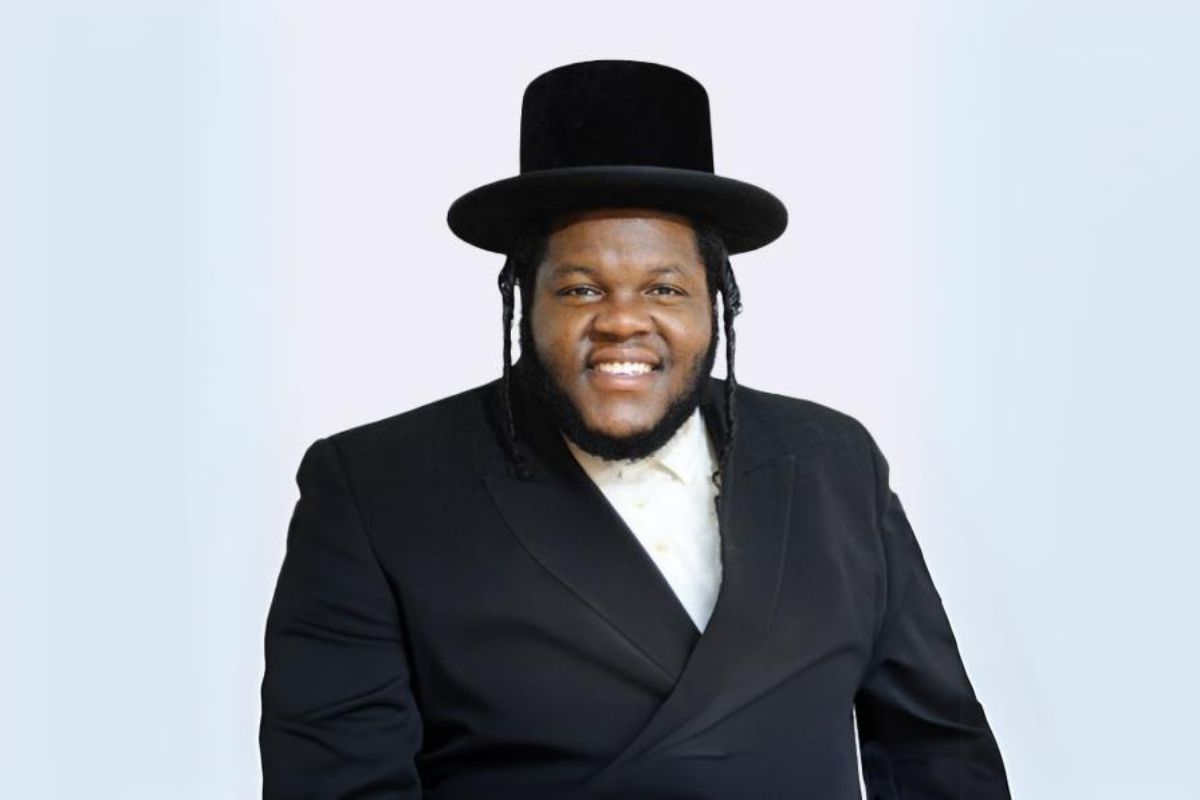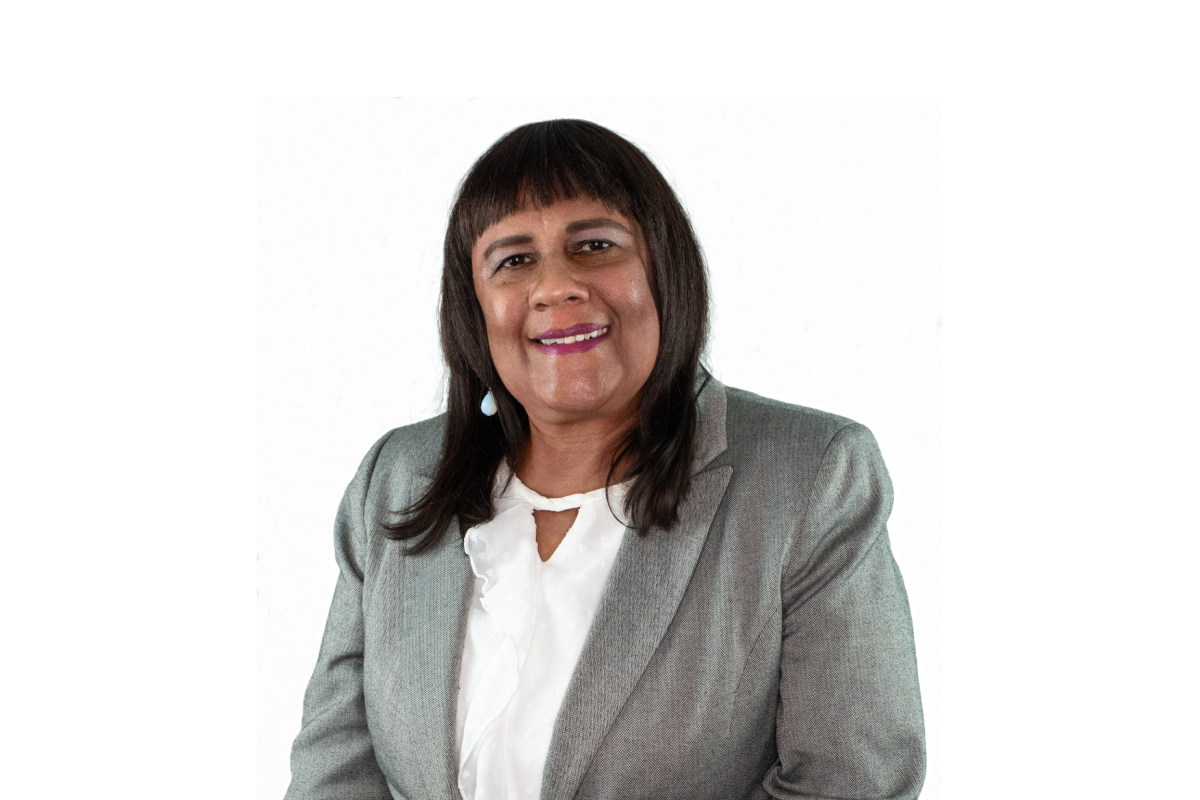Nissim Black is an internationally renowned American-Israeli rapper, who recorded his first song at age 13. His childhood, that at the time he believed to be normal, was surrounded by drugs, gangs, and violence. His first two albums were recorded under the name D Black, grabbing attention amongst fans.
After a spiritual awakening in adulthood, he underwent a conversion to Orthodox Judaism and changed his name to Nissim, meaning “miracles” in Hebrew. While his earlier recordings were filled with tales of guns, drugs, and violence, as Nissim, he imparts themes such as faith and identity.
Many songs in his repertoire have delighted fans, including the 2020 hit Mothaland Bounce, which as of January 2024 had over five million hits on YouTube. He’s set to release an 18-track album, Glory, in Spring of 2024.
What’s the overall theme of the new collection of songs?
It’s really centred around faith and elevation. There are a lot of songs that are very encouraging. I feel like we are not getting enough of that kind of music. One thing for sure, you are not getting the same thing you hear on every other album. I think I went a big Black Soul, Black Gospel with it, mixed with some very high energy pop/rock type feel. I really did a blend of styles. Part of it feels very cinematic and theatrical.
Do you have a favourite place to write songs?
Sometimes, I write on airplane rides. It’s the whole euphoria of seeing the clouds, and imagining myself out on the clouds. It’s the feeling of being above the world, seeing how big it is and how small I am. It makes me think of the greatness of God and how big He is. This world is in Him. When I’m at the Western Wall, I don’t like to be at the front. There’s something about being at the back, seeing the grandeur of the wall that makes me feel small. I’m a dramatic performer. A lot of those things have gone into the music.
Your music has attracted admirers from many countries, religious backgrounds, and nationalities – did you make a conscious choice to make your art for wide audiences?
Rabbi Shalom Arush and a lot of other people have told me, ‘Nissim, your message could be global.’ I also didn’t inherit an idea, or space, where I think my goal is to sit only in this quiet place, and not influence or inspire the world. For me, over the last few years, I’ve been able to really see that’s my calling. From the time I was a kid, this is what God has called me to do.
What is it you want people to know most about you?
I think we get very stuck in our ways, and in our upbringing, the way we see the world. I think, just the way the world runs or is operated by God, is that there are things that come to shake up what we’ve ever known. For some it’s bigger, and for some its more subtle.
I feel like we all have a purpose, a reason why we are here. A lot of times we have to be in a different environment and a different world to fulfill that purpose. I think that my story, I hope, will show to other people that sometimes you have to open yourself up into knowing what you don’t know. You don’t know what the future is going to look like. It may be something completely different from where you envisioned yourself.
Is there a message you have for young, aspiring, black professionals?
Well, the truth is, a few years after things started to break for me, people didn’t understand how much ‘not work’ I was doing. I was focused on was myself, my character traits, what kind of husband I was. I feel like that granted me success.
Sometimes, we are so busy working on the craft, we aren’t working on ourselves. A lot of times working on ourselves makes better songs. Since I’ve worked on myself, I know how to connect. Any great song writer doesn’t just know how to write an awesome melody or lyric. They know how to resonate with the person on the other side listening. The most powerful music comes from a musician who is very tuned into who they are. I think that makes for better long-term success.
With two to three minutes, you could have the opportunity to put uplifting messages and awesome messages to change the whole world.
Dave Gordon | Contributing Writer




















